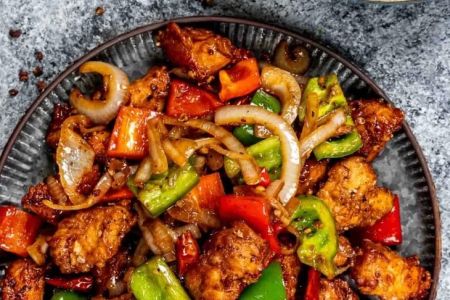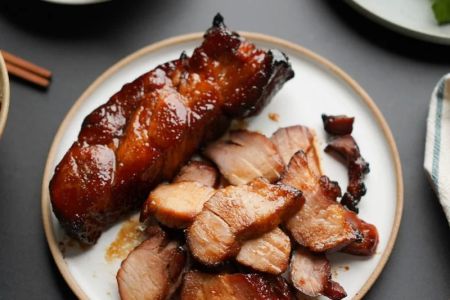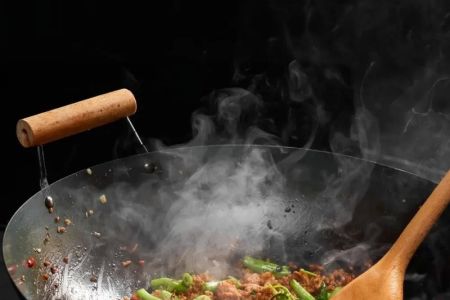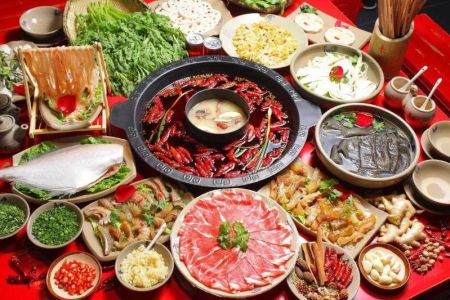Why Am I Hungry After Eating Chinese Food? Understanding the Reasons Behind Post-Meal Hunger
- The Impact of MSG in Chinese Cuisine
- The Role of Carbs and Protein in Chinese Food
- The Science of Digestion and Your Appetite
- Can You Overeat and Still Feel Hungry?
- How to Avoid Feeling Hungry After Chinese Food
The Impact of MSG in Chinese Cuisine
Many people wonder why they feel hungry after eating Chinese food, and one common culprit is monosodium glutamate (MSG). Often used to enhance flavor, MSG can have a complex effect on your appetite. While it can make food taste richer and more satisfying, it may also stimulate your hunger, making you crave more food even after a full meal.
Some studies suggest that MSG can enhance your sense of taste, tricking your brain into feeling unsatisfied. This is why many people report feeling hungry soon after finishing their meal. If you're sensitive to MSG, you may be more prone to these hunger pangs.
The Role of Carbs and Protein in Chinese Food
Chinese food is often rich in carbohydrates, especially from rice and noodles, and protein, like chicken, beef, or tofu. While carbs provide quick energy, they can lead to a blood sugar spike followed by a rapid drop, which may leave you feeling hungry again shortly after eating.
Additionally, meals heavy on protein, particularly those that are not balanced with enough fiber, may not be as filling as they seem. Protein can be slow to digest, and without enough fiber to bulk up the meal, you might find yourself feeling hungry more quickly.
The Science of Digestion and Your Appetite
Your body’s digestive process plays a key role in regulating hunger. After eating a meal, especially one high in fats and sugars, the digestive system sends signals to your brain about whether you’re full. However, Chinese food, with its combination of flavors and spices, can sometimes make the digestive process more complex, leading to hunger soon after eating.
It's important to consider how your stomach and intestines process food. While Chinese cuisine is often balanced in terms of taste and nutrients, it might not be as satisfying to your body as you think, prompting you to feel hungry again shortly after eating.
Can You Overeat and Still Feel Hungry?
It’s a peculiar phenomenon: many people find themselves overeating and still feeling hungry afterward. This can happen with Chinese food, where portion sizes can vary and the variety of dishes can encourage overconsumption. Eating too much of the wrong types of foods, such as fried or sugary items, may result in an energy crash, triggering hunger signals.
Overeating, especially foods that are rich in sodium or sugar, can lead to an imbalance in blood sugar levels, causing the body to crave more food despite having consumed a large amount already.
How to Avoid Feeling Hungry After Chinese Food
To avoid feeling hungry after eating Chinese food, it’s essential to make smarter choices. Try to balance your meal with a good mix of protein, fiber, and healthy fats, while also limiting your intake of refined carbs and MSG. Opt for steamed or stir-fried dishes instead of deep-fried options, and avoid overloading on rice or noodles.
Another useful tip is to drink plenty of water before, during, and after your meal to help with digestion and satiety. Consuming foods rich in fiber, such as vegetables or whole grains, will also help you stay full longer and reduce the chances of feeling hungry again soon.






![Top Chinese Restaurants for Authentic Cantonese Cuisine in [Your City]](https://img.gochinarose.com/d33/2507/4157910400_450x300.webp)
